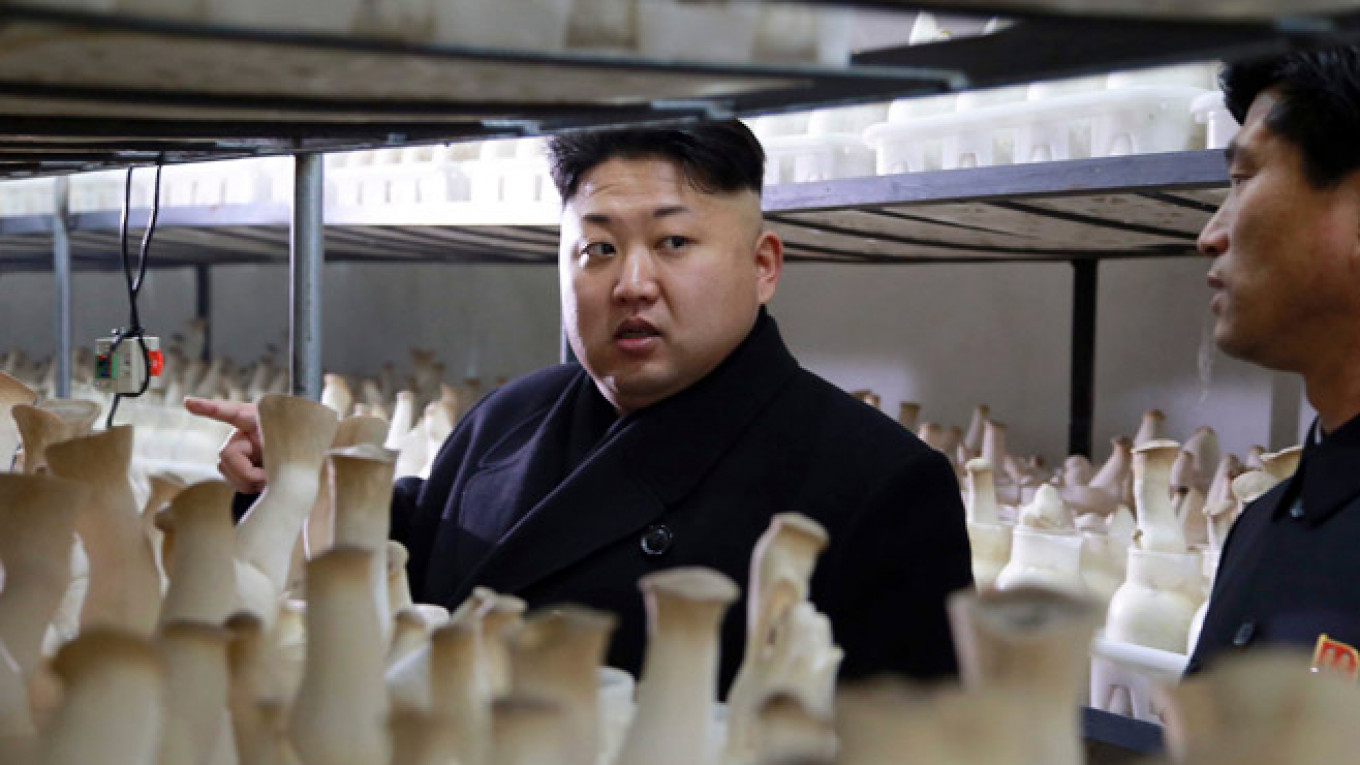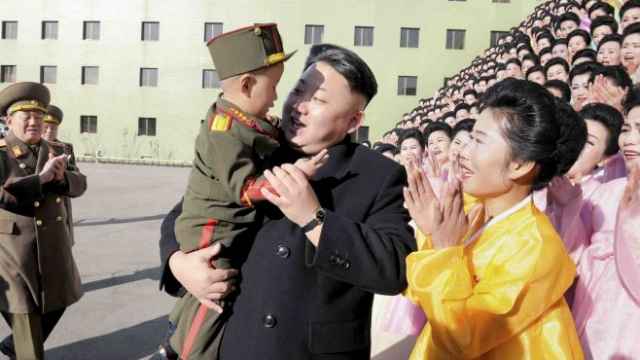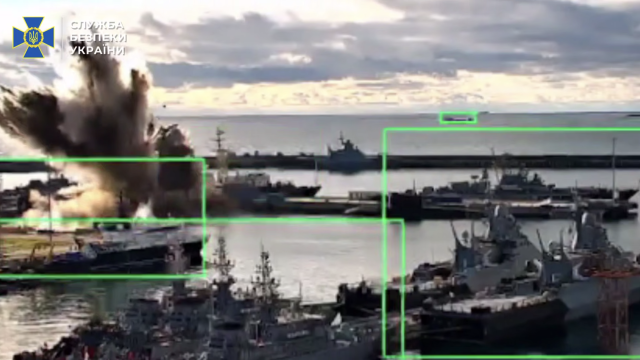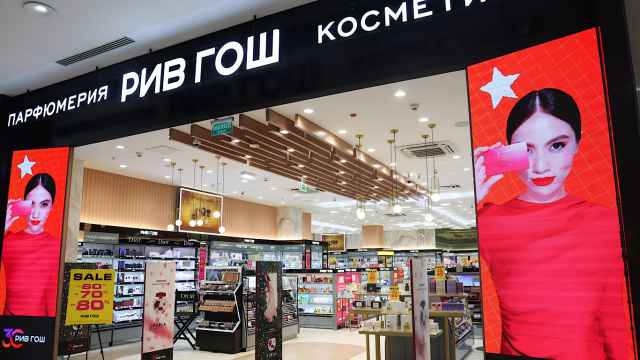North Korean leader Kim Jong Un has accepted an invitation from Russian President Vladimir Putin to attend a May ceremony marking 70 years since the Soviet victory in World War II, South Korea's Yonhap news agency reported Tuesday.
The agency, citing a South Korean diplomatic source, said the reclusive nation had given a "positive response" to the invitation, which could see Kim visit Moscow in his first foreign trip since he became leader in 2011.
Russia has strengthened its diplomatic and economic ties with North Korea in recent months, forgiving $10 billion of North Korea's Soviet-era debt and holding talks to ease visa requirements between the two countries, amid reports that North Korea's relations with its principal ally, China, have cooled.
Putin, who has been seeking to facilitate the construction of a natural gas pipeline from Russia to South Korea via North Korea, invited Kim to attend the May 9 Victory Day ceremony during a meeting in November with Kim's personal envoy in Russia, Yonhap reported.
"It was confirmed that North Korea gave a positive response to the Russian invitation for Kim Jong Un," the source was cited by Yonhap as saying.
Kim's "positive response" comes as Western leaders weigh up attending the ceremony amid intense pressure on Russia from the international community over the ongoing conflict in eastern Ukraine.
Lithuanian President Dalia Grybauskaite, whose country was occupied by the Soviet Union following the victory over Nazi Germany, has ruled out attending, while U.S. President Barack Obama, French President Francois Hollande and British Prime Minister David Cameron are yet to publicly respond to invitations.
Kim's father, Kim Jong Il, traveled to Russia by train a few months prior to his death in 2011, meeting with former President Dmitry Medvedev to boost relations. He had previously visited the country in 2002.
A Message from The Moscow Times:
Dear readers,
We are facing unprecedented challenges. Russia's Prosecutor General's Office has designated The Moscow Times as an "undesirable" organization, criminalizing our work and putting our staff at risk of prosecution. This follows our earlier unjust labeling as a "foreign agent."
These actions are direct attempts to silence independent journalism in Russia. The authorities claim our work "discredits the decisions of the Russian leadership." We see things differently: we strive to provide accurate, unbiased reporting on Russia.
We, the journalists of The Moscow Times, refuse to be silenced. But to continue our work, we need your help.
Your support, no matter how small, makes a world of difference. If you can, please support us monthly starting from just $2. It's quick to set up, and every contribution makes a significant impact.
By supporting The Moscow Times, you're defending open, independent journalism in the face of repression. Thank you for standing with us.
Remind me later.






